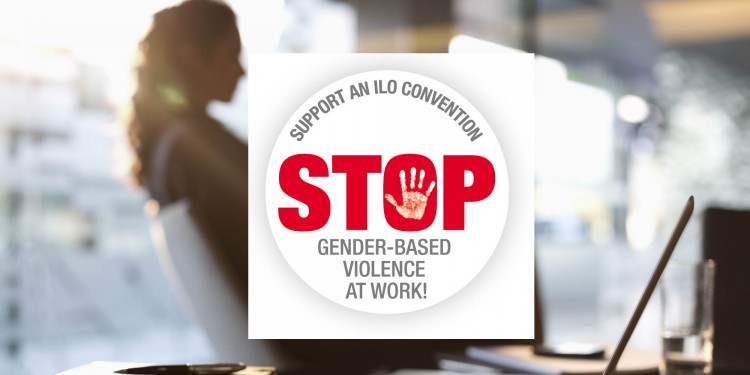Declaration of the Women Council within the CNSM in support of the adoption of the ILO Convention against violence at workplace
The Declaration of Human Rights defines that “everyone is entitled to all the rights without distinction of any kind, such as race, colour, sex, language, religion, political or other opinion, national or social origin, property, birth or other status.” However, gender discrimination and violence is one of the most widespread forms of human rights violations that negatively affects labour relations, productivity and quality of service, affecting work organization and the working environment in its entirety.
The problem of violence in the labour market is becoming more and more serious and calls for an increased attention from policy-makers. According to the statistics, between 35% – 818 million women across the globe, aged over 15, have been subject to violence at home, in public places or at work.
The problem of combating violence and harassment in the world of work is also found in the Sustainable Development Goals (Agenda 2030) – ensuring a healthy lifestyle (Objective 3), promoting gender equality and extending the rights and opportunities of women and girls (Objective 5), decent work for women and men (Objective 8). These objectives have also given the impetus to develop international instruments to prevent and combat all forms of violence and harassment in the work environment.
The International Labour Organization has developed a draft convention that will help combat violence in the labour market, eliminate wage gaps, and develop the culture of occupational safety and health.
At the same time, it will contribute to the implementation of the Resolution on “gender equality – the foundation of decent work”, adopted at the 98th session of the International Labour Conference in 2009, which provides for the prohibition of gender discrimination at work and the adoption by governments of policies and measures to combat violence and harassment in the labour market.
The Women Council within the CNSM advocates the adoption by the International Labour Organization of the Convention against violence at workplace and urges the Government of Moldova and the National Confederation of Employers of Moldova to support the adoption of this important document in order to eradicate discrimination on the labour market and fight violence at work.
By supporting the adoption of this Convention, social partners will demonstrate intolerance of the phenomenon of violence at the workplace, contribute to ensuring gender equality and decent work for women and men.
WOMEN COUNCIL WITHIN THE CNSM



